
Allegations of extortion by customs officials at Cairo International Airport have intensified as travelers continue to report being pressured for cash payments under questionable circumstances. In a recent widely discussed incident, a young woman arriving from the United Arab Emirates was stopped for carrying a personal smartphone, a personal tablet, and a second Wi-Fi-only tablet.
Officials claimed she was in violation of import rules and demanded 3,500 Egyptian pounds (around $70) in cash, providing no receipt or documentation. She complied out of fear and intimidation.
Such incidents are not isolated. Multiple travelers have described similar experiences, often involving intimidation and demands for cash without any official paperwork, particularly targeting those unfamiliar with Egyptian customs procedures. Some have resorted to hiring local guides or “meet and greet” services to avoid such encounters, indicating that these practices are a well-known risk at Cairo airport.
The issue is part of a broader pattern of corruption within Egypt’s customs administration, which is considered a high-risk sector for bribery, extortion, and irregular payments. Businesses and individuals frequently report facing demands for unofficial payments during import and export procedures, with customs corruption cited as a significant barrier to trade and efficiency in Egypt.
This environment of corruption is reflected in Egypt’s ranking of 130 out of 180 countries on Transparency International’s Corruption Perceptions Index, placing it firmly in the “red zone” for widespread corruption.
Recent anti-corruption efforts by Egyptian authorities have led to the arrest of customs officials and airport employees involved in smuggling and bribery rings. In April 2025, the Administrative Control Authority arrested several Cairo airport customs officials and EgyptAir employees for their roles in a network smuggling illegal medications and accepting bribes from pharmaceutical companies.
Authorities seized EGP 6 million worth of illegal drugs and referred the detained officials to prosecution. These actions highlight ongoing attempts to address corruption, but also underscore how deeply entrenched such practices have become.
Transparency advocates have called for tighter oversight and the use of advanced technologies to monitor financial transactions and improve accountability. Despite more than 26 regulatory bodies tasked with combating corruption, the persistence of such incidents at the airport and beyond shows that enforcement remains inconsistent and often ineffective.
The cumulative effect of these scandals is damaging Egypt’s reputation as a tourist and business destination, with many travelers expressing reluctance to return after negative experiences at the airport. The situation is further complicated by reports of systematic bribery at other border crossings and within other government sectors, reinforcing the perception that corruption in Egypt is both widespread and deeply institutionalized









.png)


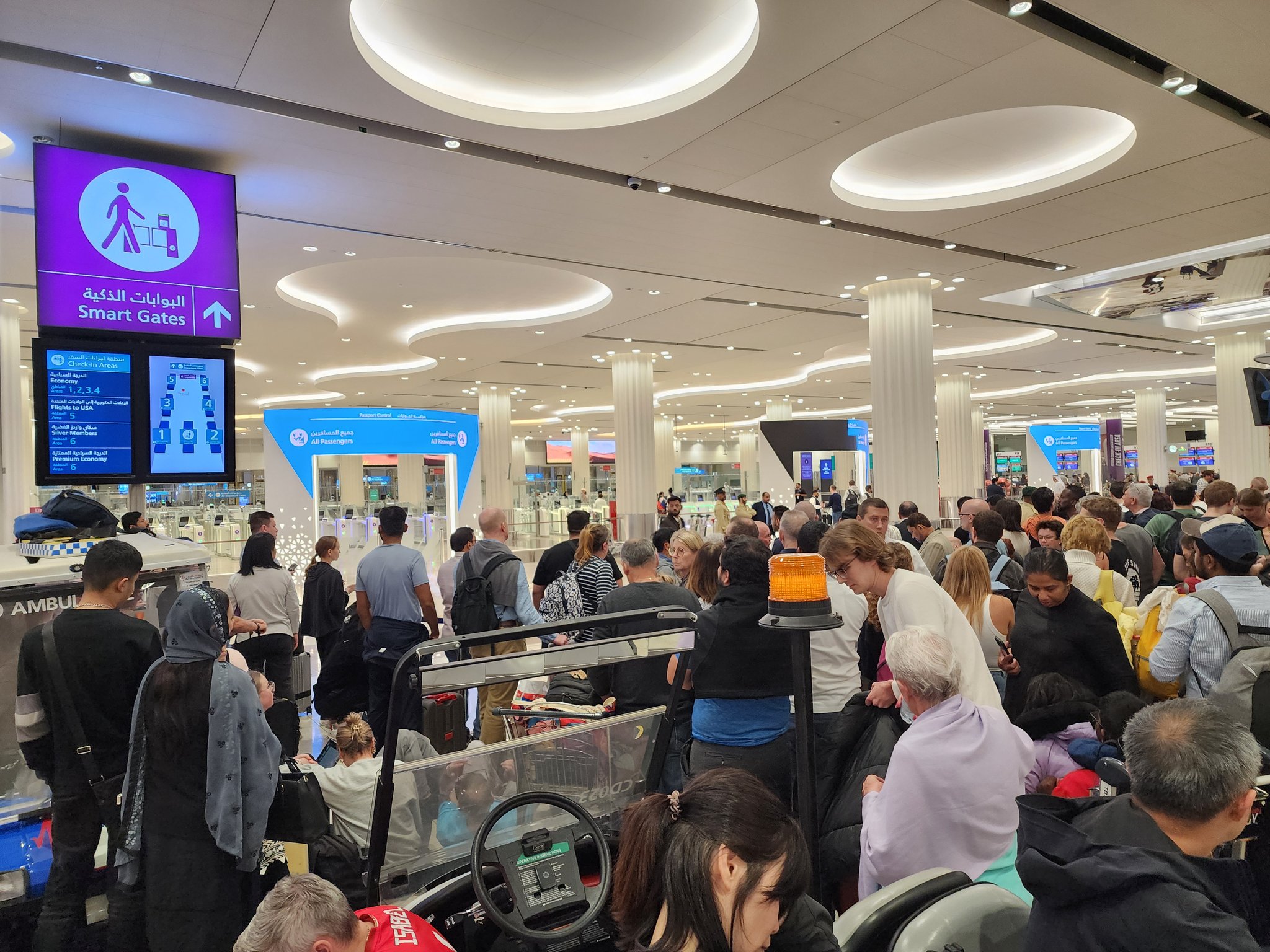
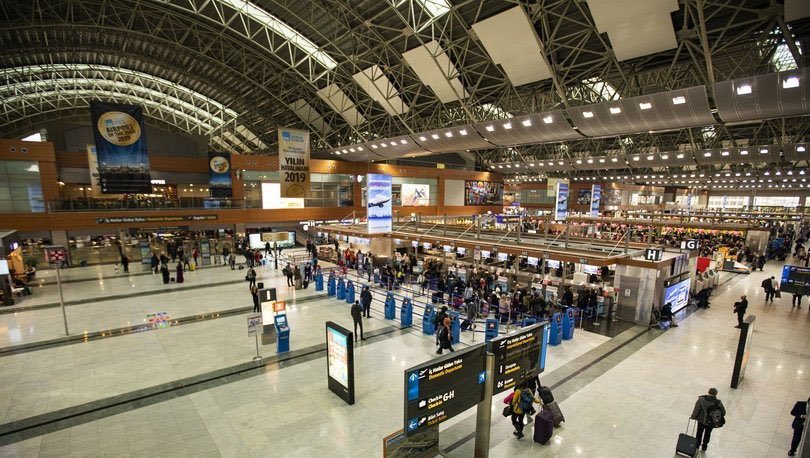
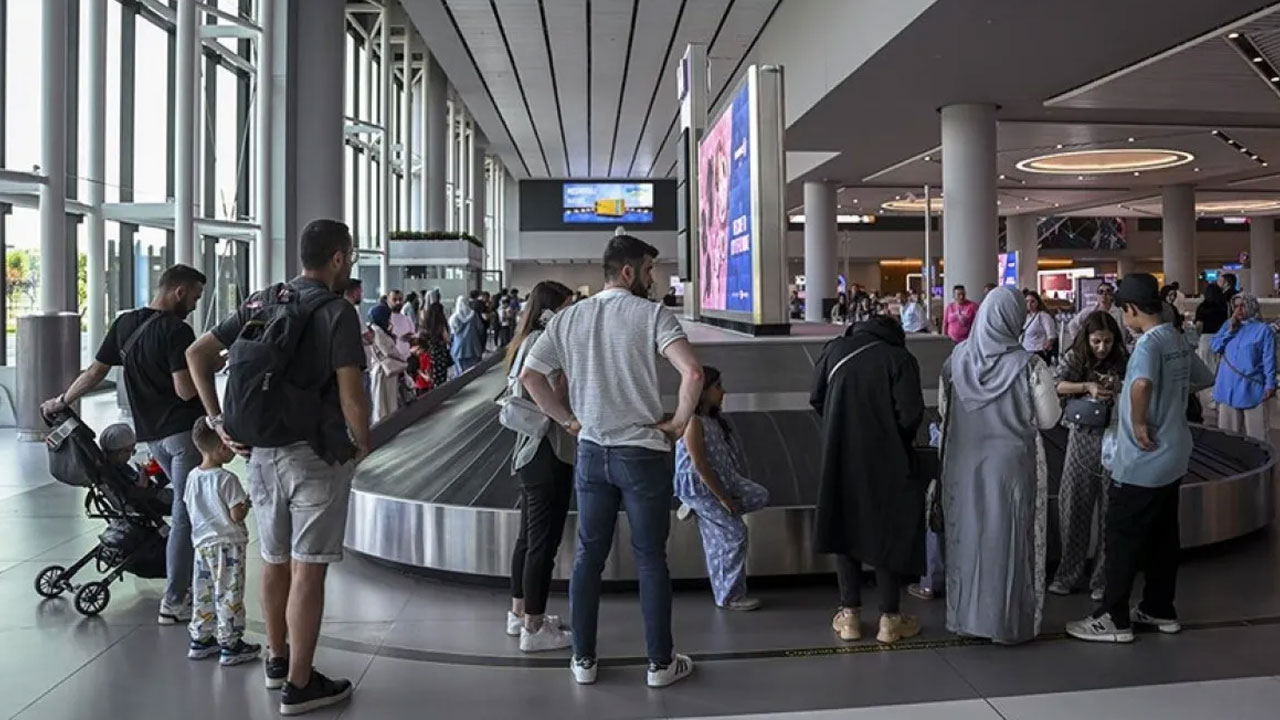


.png)


.jpg)



.jpg)







.jpg)

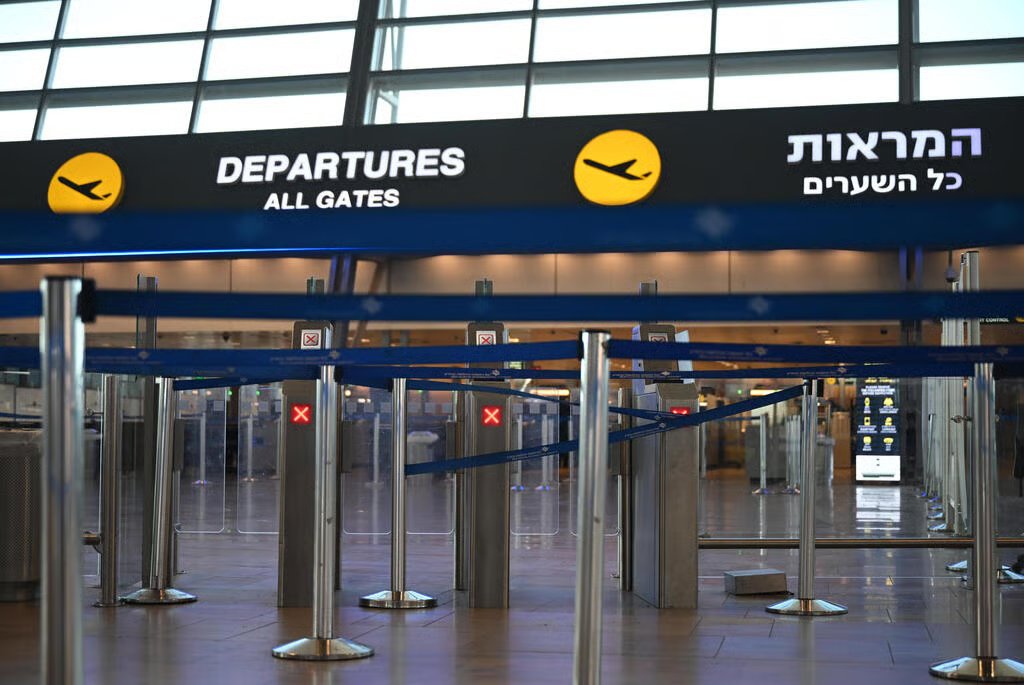
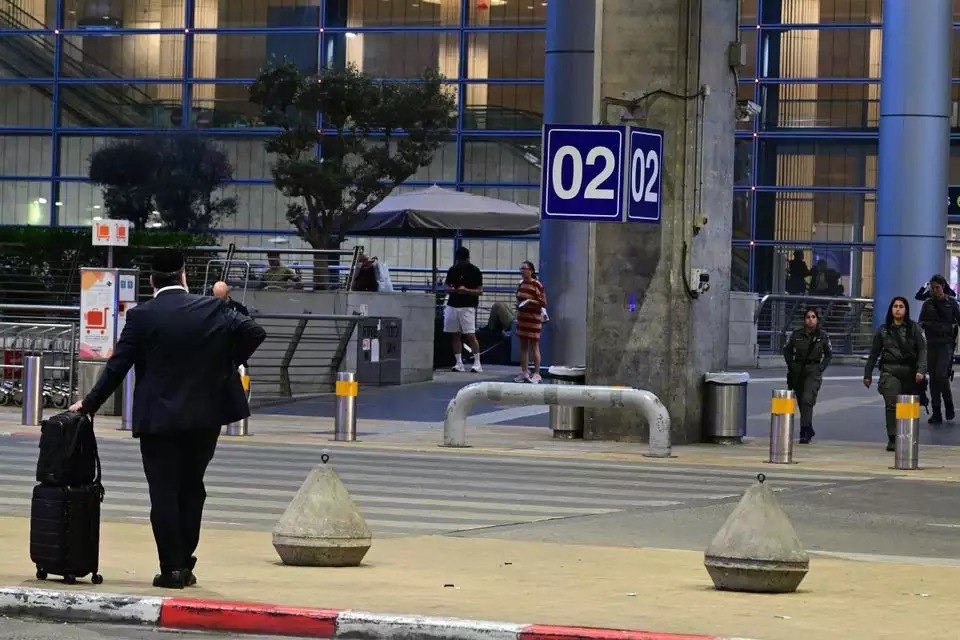
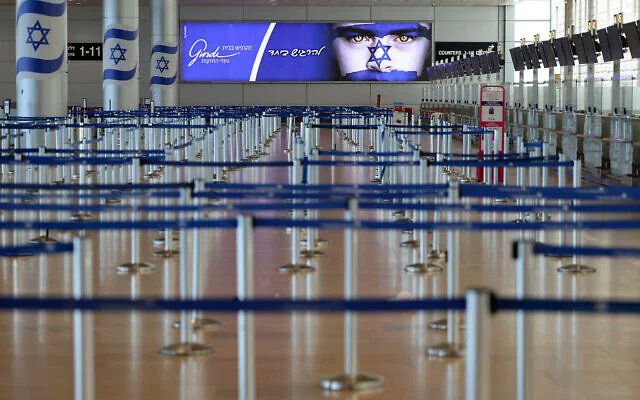




.jpg)
.jpg)



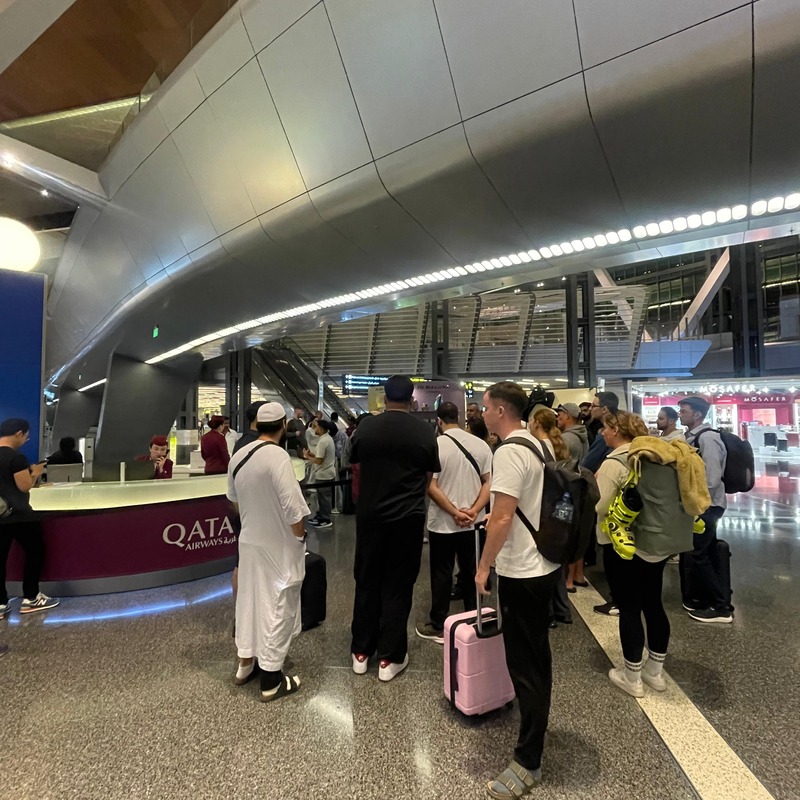
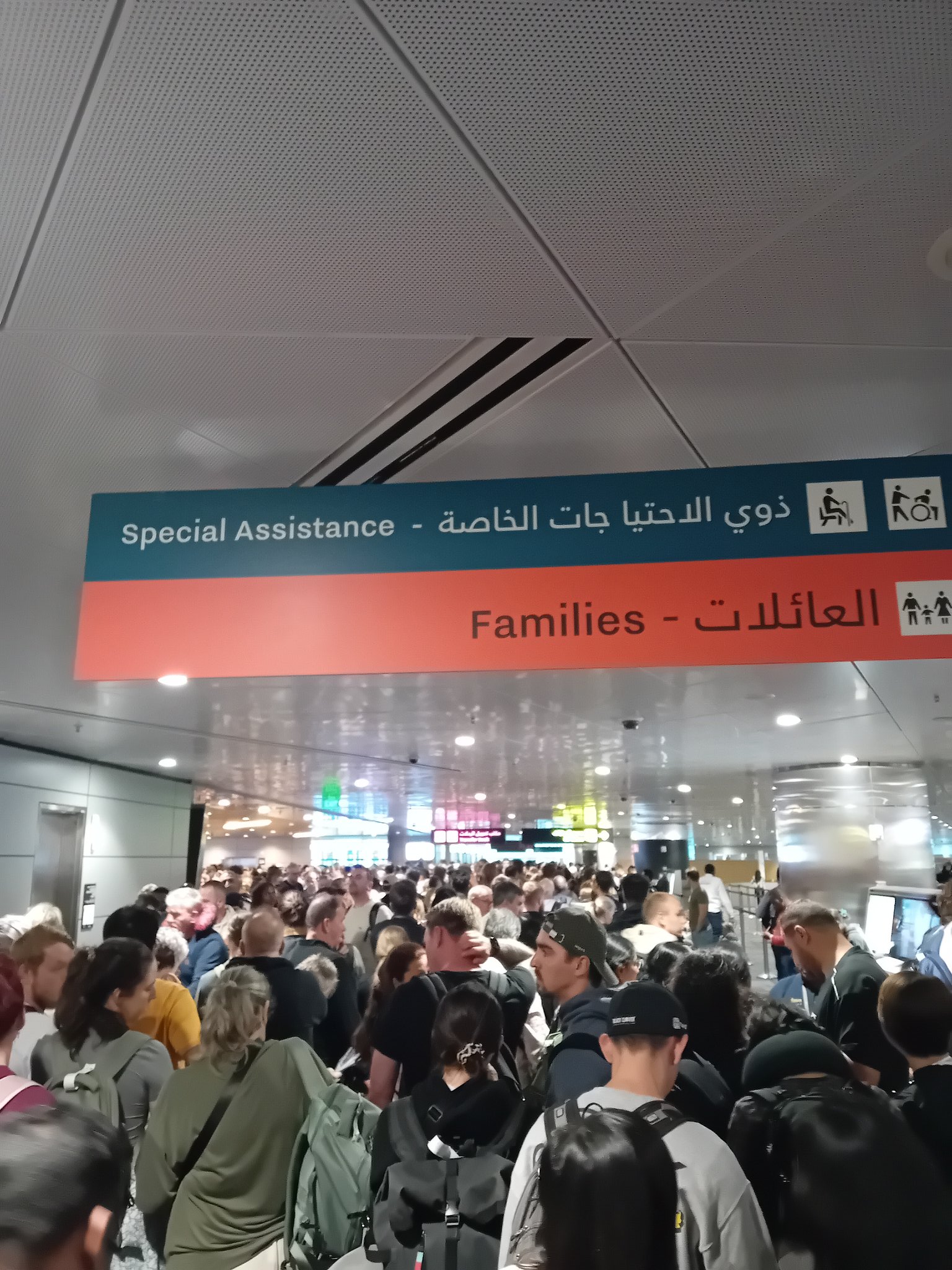
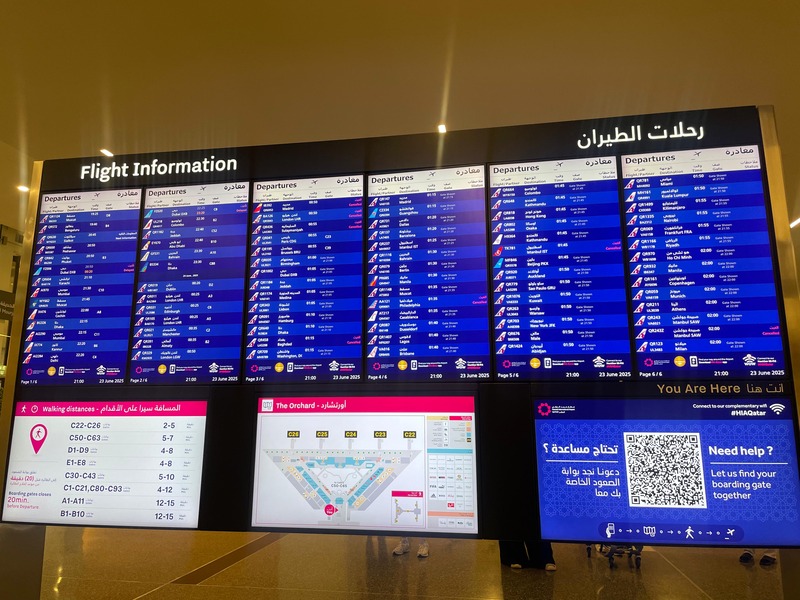
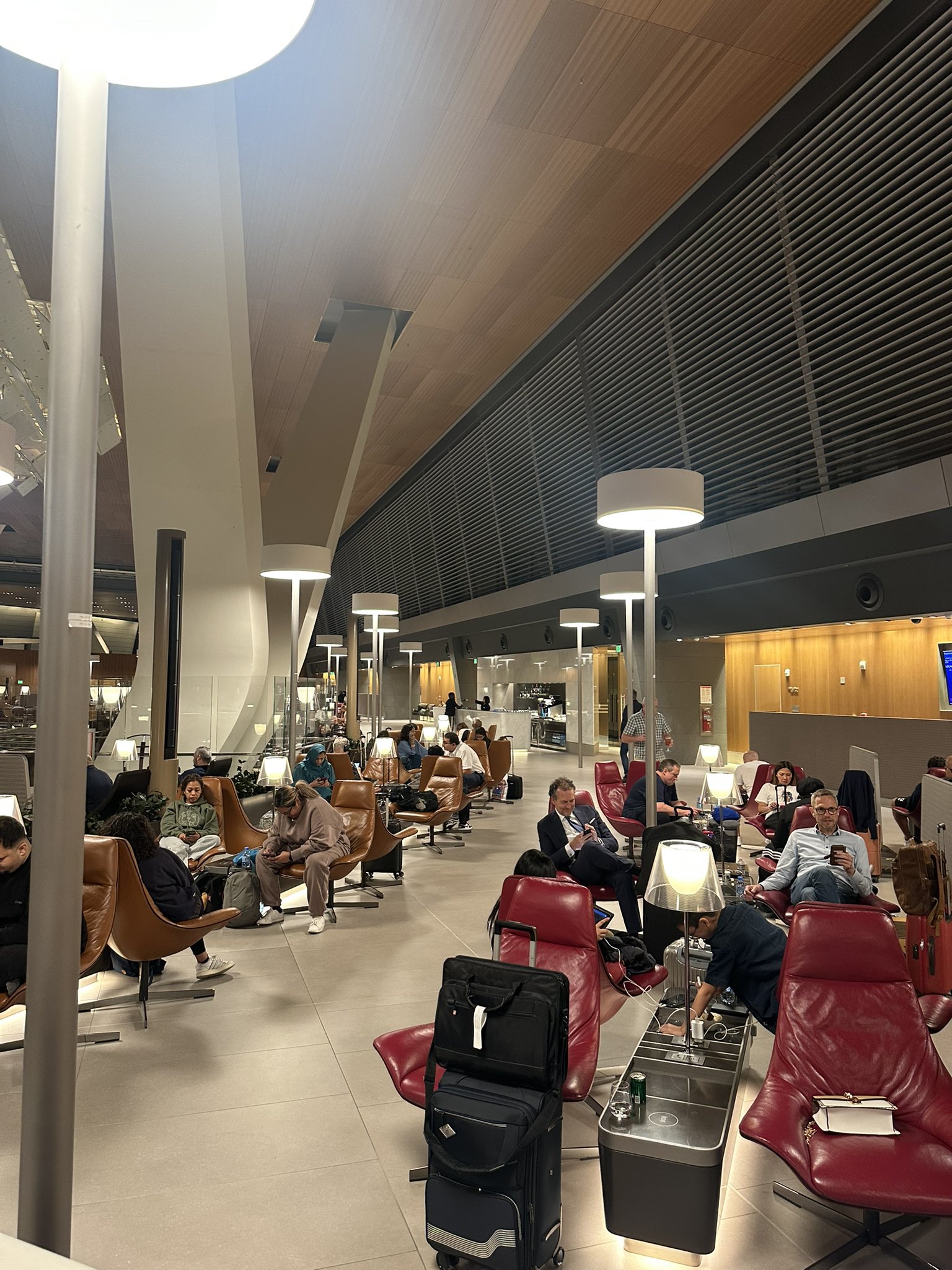














.jpg)